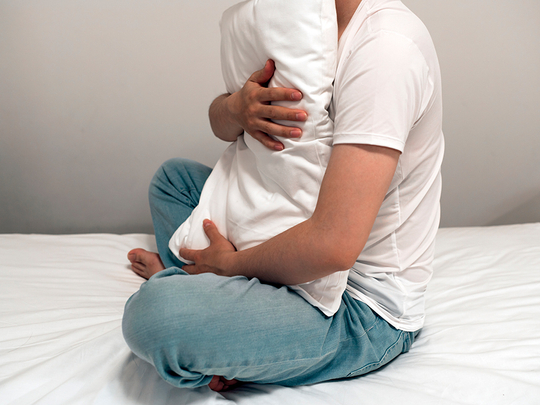
A UAE resident asks: I have not been sleeping very well lately and am afraid I am doing real damage to my body. What are the effects of poor sleeping patterns and what can I do to improve my sleeping patterns?
Dr Atul Aundhekar (Chief Medical Director and General Practicioner, iCARE Clinics) replies: For the heart alone, sleep loss can lead to diseases, attacks, failures, and irregular beats. Lack of proper sleep can also directly affect the immune system, which serves to protect us from colds and flu. During a deep night’s rest, certain proteins are released in the system during the rest called cytokines for protection so when there is not enough sleep, infection-fighting antibodies and cells are affected and reduce as well.
When it comes to outside appearances, the body also releases more of a stress hormone called cortisol, which breaks down a skin protein that keeps skin smooth – resulting in poor skin, fine lines, and dark circles appearing under the eyes.
Body weight is affected too, since lack of sleep increases hunger and appetite for high-calorie foods, leading to obesity. Since the body craves foods rich in carbohydrates and fat for energy, people who sleep less than six hours a day are more likely to become obese compared to those who sleep seven to nine hours.
To get a sufficient amount of uninterrupted sleep, rather than depending on sleeping pills, check what changes can be made to your lifestyle. Make your room as comfortable and dark as possible, and keep the temperature relatively cool. If you can, try to avoid drinking any coffee or tea after noon since it can play a role in keeping you awake. Save the bigger meals for lunch, since eating a big meal right before bedtime may prevent you from sleeping right away. Exercise also helps promote deeper sleep, since you will feel more tired at the end of the day.
If you are tossing and turning watching the minutes pass, get up from bed and make yourself a warm cup of milk to drink. If you are stressed about anything, write down notes or plans for the next day to push the thoughts aside. A warm shower or bath also helps and is recommended. If you are still not able to catch up on restful sleep, visit a doctor for a consultation and specialized treatment. Make sure to treat your rest as a priority; it’s a natural healing remedy that should be easy to do!
A residents asks: My child's teacher recently pointed out to me that my son, 4, has fallen asleep on his desk a couple of times, what is the optimal amount of sleep he should be getting?
Dr Samar Geblawi (Specialist Paediatrician, iCARE Clinics) replies: The amount of sleep a child needs each day will change over the course of his/her life.
In general:
- · Newborns need 16- 18 hours/day
- · Preschool aged children need 11-12 hours/day
- · School aged children need at least 10 hours/ day and
- · Teens need 9-10 hours/day
Disclaimer: This blog is a conversation and is not an alternative for treatment. The recommendations and suggestions offered by our panel of doctors are their own and Gulf News will not take any responsibility for the advice they provide.








